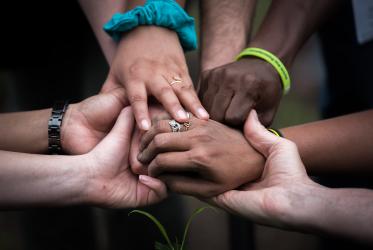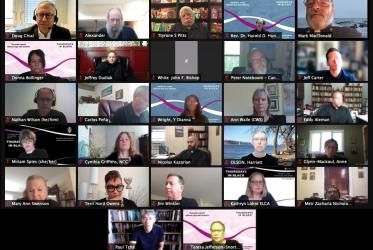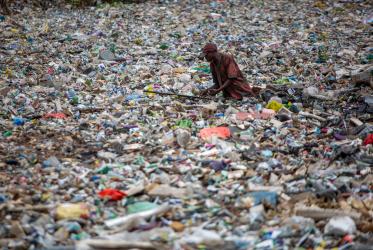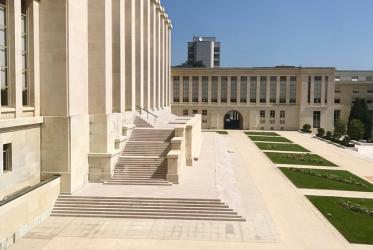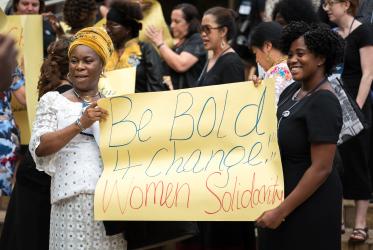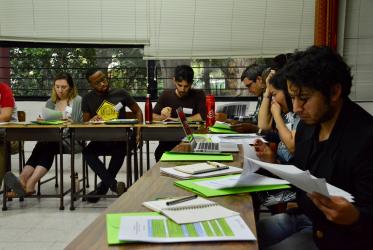Displaying 1 - 20 of 45
21 December 2023
Prayer focuses on overcoming hunger
19 October 2023
WCC offers statement on racism before UN Human Rights Council
24 September 2019
How can you help refugees?
11 October 2018
Re-engineering life forms: Church forum raises concerns
09 November 2017
Emily Welty: tide of hope for a world free from nuclear weapons
19 September 2017


